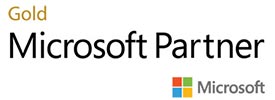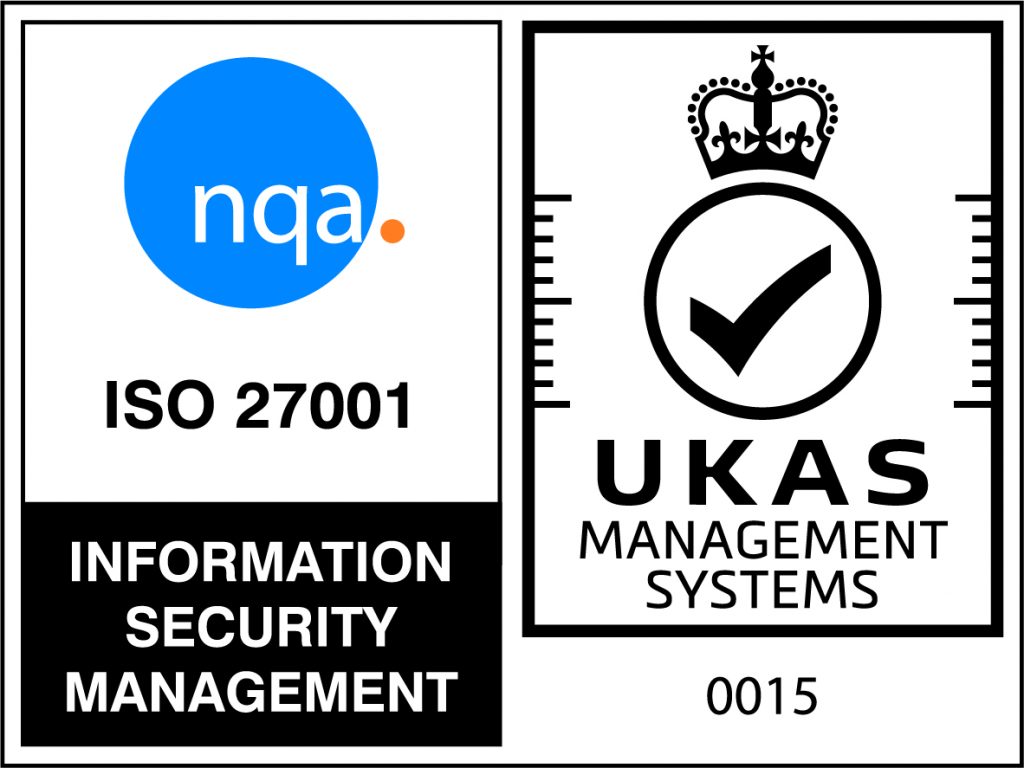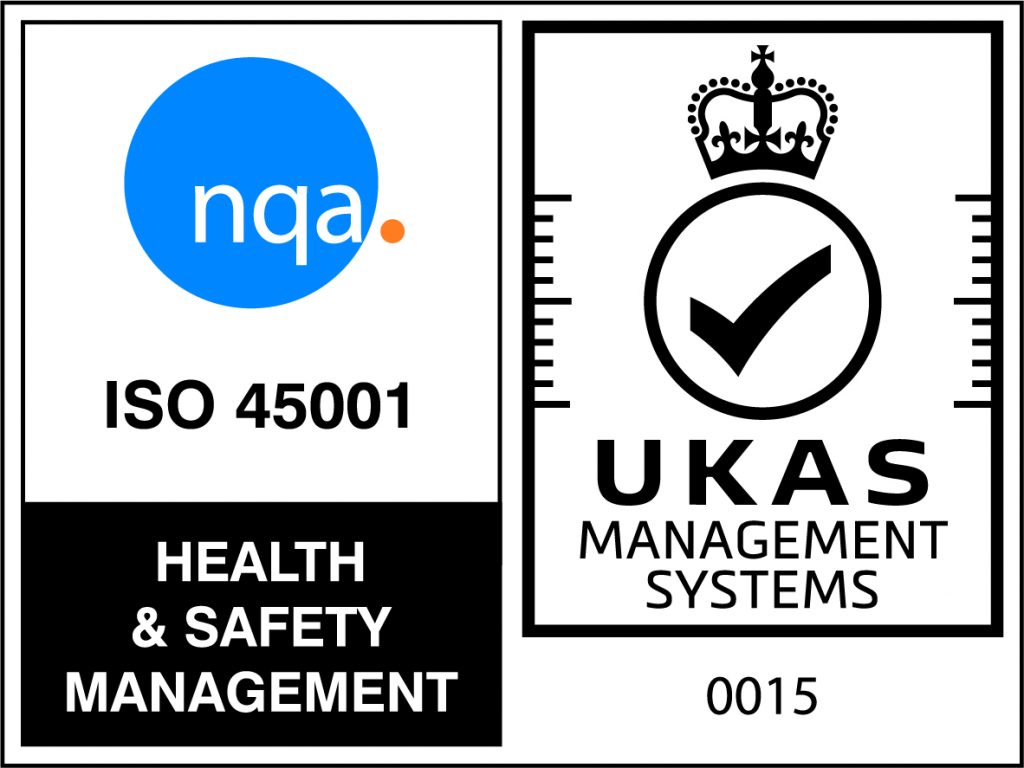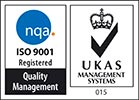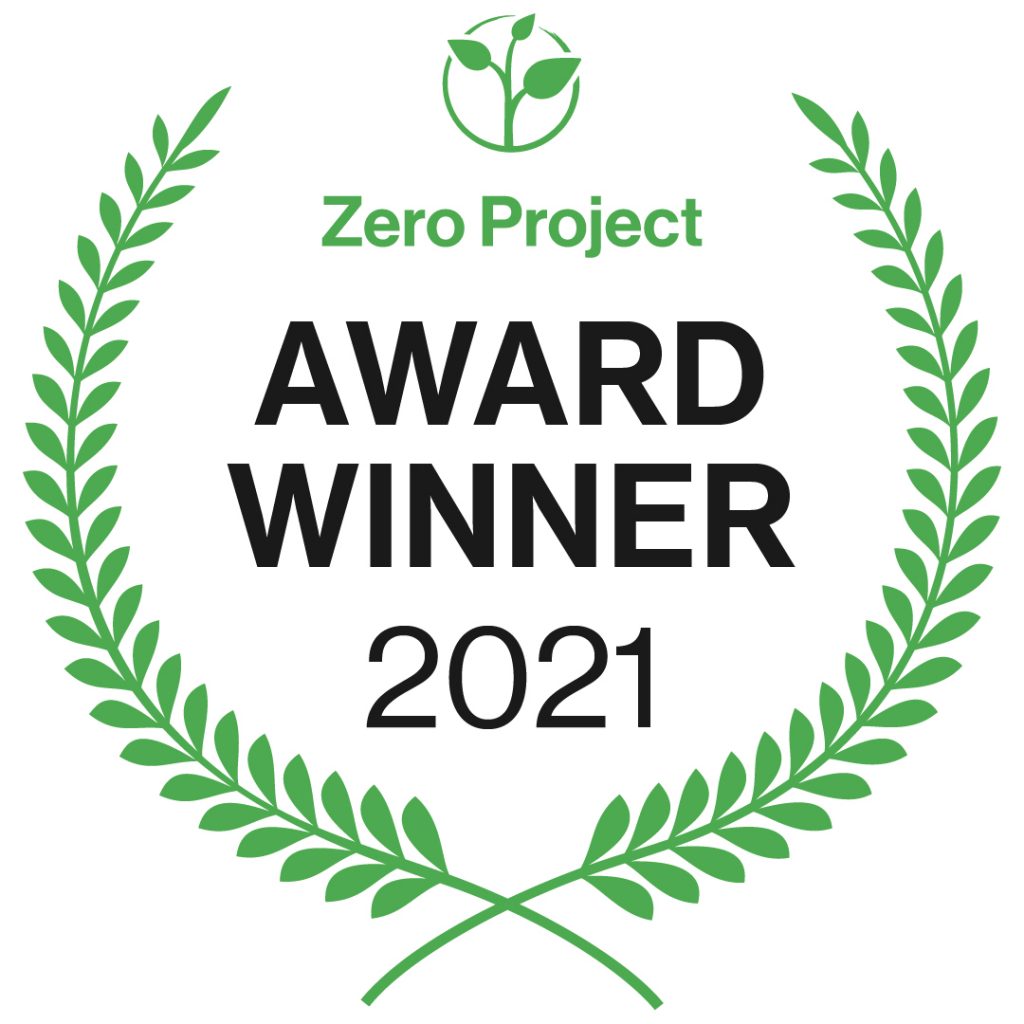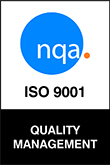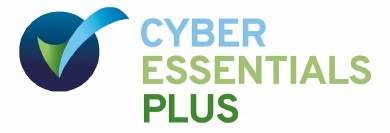Congratulations to the Southampton Youth Justice Service Area Partnership for attaining Youth Justice SEND Quality Lead Status with a Child First Commendation
In the fall of 2018, Southampton Area Partnership achieved Quality Mark recognition for their efforts to build and sustain productive relationships between key local agencies and services. From these hard-won operational foundations, Southampton Area Partnership has embarked on a journey of continuous service improvement, acknowledged during a recent HMIP visit, resulting in achieving the highest levels possible within the Youth Justice SEND Quality Assurance Framework:
- Progressive strategic planning and leadership has resulted in key appointments being made, such as a Co-located SaLT (Speech and Language Therapist) and an Education and Skills Manager. The impact of both posts on securing better outcomes for children in, and at risk of entering, youth justice pathways has been profound
- Through one-to-one supervision meetings, case audits, professional development opportunities and policy and practice reviews, front line professionals are fully supported in their work. This includes the SaLT worker participating fully in screening, drop-in clinics, resource creation for personalised plans as well as producing training videos for external partners and volunteers. Drop-in sessions are also available from the co-located CAMHS practitioner.
- The Education and Skills Manager’s role in leading the HELP initiative is a service strength. HELP stands for Health – Education – Lifestyle – Partnership. Children are commonly referred through the JDMP (Joint Decision Making Panel), and are characterised by the complexity of needs that could lead to duplication of intervention, multiple aims/objectives and an overwhelming of the young person at the centre of process. The child’s voice is secured and integral to developments. A sporting analogy is used to engage children, with the “team” around the child identified, and “subs” being brought on (from CAMHS, SalT, Ed Psych etc.) as needed. The clarity of communication with the child, as well as purpose and intent, is at the heart of this trauma-informed, relationships-driven ECM (Enhanced Case Management) process.
- Southampton Youth Justice has recently undertaken a piece of work around how to support young people in gaining the skills and confidence to return or transit into an education offer, both pre- and post-16. One of the most effective tools has been the introduction of Laser Awards, which is a credits-based qualification. It covers core subjects as well as a huge range of practical based topics with direct application to careers e.g. trade, hairdressing, business etc. Children are able to turn these credits into one of the many levels offered by Laser, which have weighting from GCSE-level all the way to Degree. This has proven to support the style requirements for many of our learners, giving them high aspiration and expectation of themselves, in turn raising their confidence and self-belief. An added advantage is that education providers feel more confident in accepting a transfer, in the knowledge that the child has tangible evidence of re-engagement in learning. There are also plans to establish an Alternative Provision offering 12-week high impact turn-around experiences for identified school and college children.
Well done Southampton! It has been a privilege to have worked with you since the inception of the Youth Justice Awards, and to be able to chart such a significant growth in partnership provision!

 Back to News
Back to News








